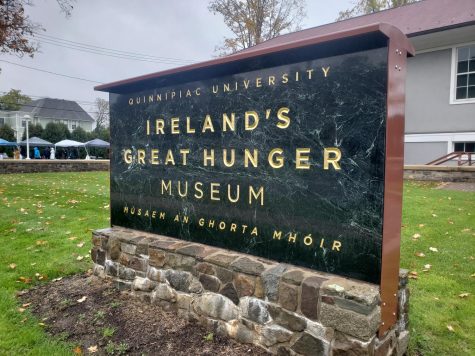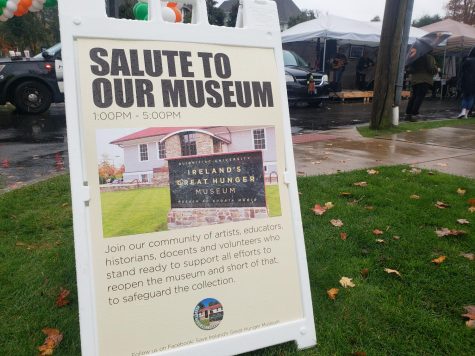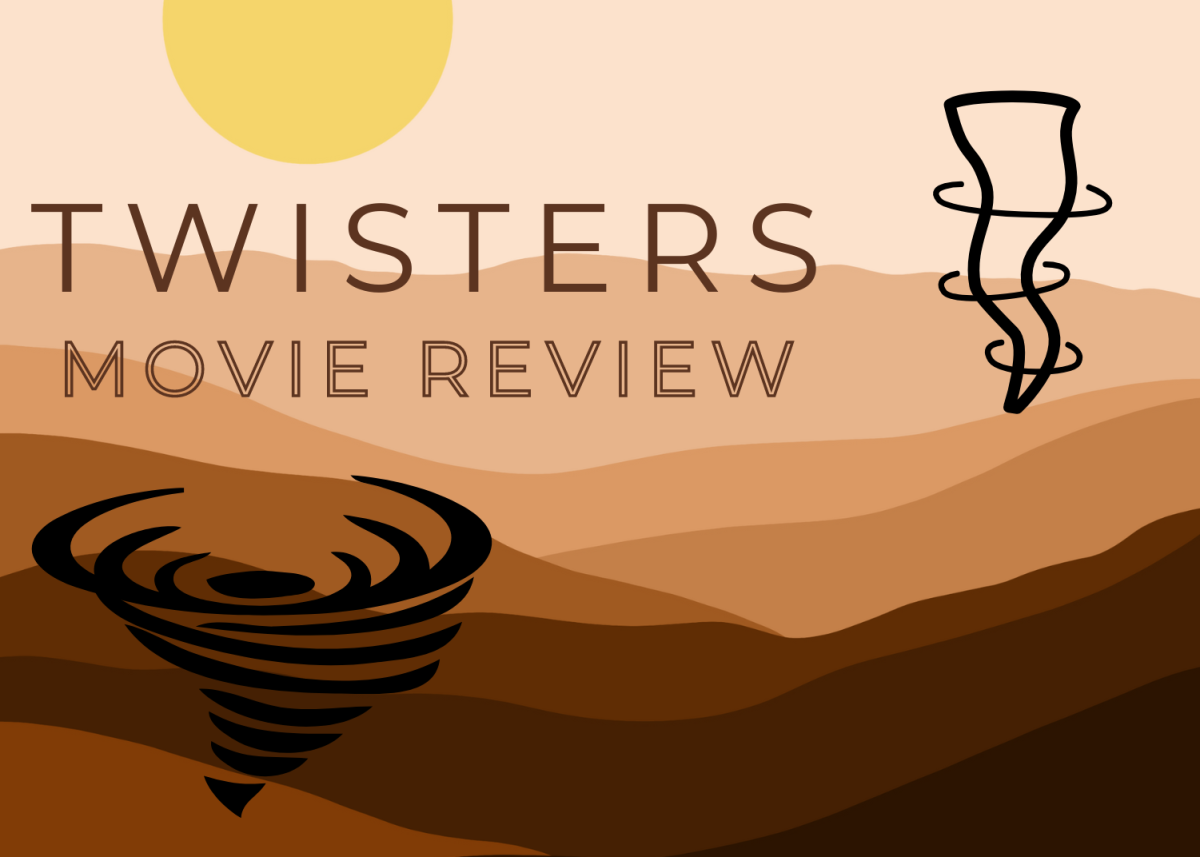Community members gather to help save the Ireland’s Great Hunger Museum
October 31, 2021
The community gathered at the Ireland’s Great Hunger Museum on Sunday, Oct. 30 to oppose Quinnipiac University’s decision to shut down the museum due to insufficient fundraising and low attendance.
 President Judy Olian announced the decision to close the museum during a virtual town hall in August. An email was sent to the community on Aug. 10.
President Judy Olian announced the decision to close the museum during a virtual town hall in August. An email was sent to the community on Aug. 10.
Former Vice President of Public Affairs and Member of the Committee to Save Ireland’s Great Hunger Museum Lynn Bushnell believes that it was impossible for the museum to be self-sustaining due to the pandemic.
“The museum was certainly closed because of the pandemic but apparently the clock was
ticking the entire time the pandemic was wreaking havoc on everyone’s economy in terms of being self-sustaining and it’s impossible for a fledgeling operation to raise the kind of money that was needed and is definitely impossible during a pandemic,” Bushnell said.
Quinnipiac alum Ellie Stamp believes that the decision stemmed from lack of regard towards Irish history.
“In part, I think because there was no income during the pandemic but I also think that there was a decision made that the story of the Great Hunger wasn’t important enough to Quinnipiac and it’s a story that the world needs to hear because it had an impact on all of our lives. Former student,” Stamp said. “There are millions of Americans who are here because of the Great Hunger and our ancestors deeply suffered and they shouldn’t be forgotten for what they did and for the lives that they lived.”
Some believe that the closure was unnecessary and there should be a different solution.
“I don’t think it’s necessary,” Bushnell said. “I think there were many avenues that the university could have chosen to reduce the expenses for operating the museum.”
Stamp, a former student of the Director of Ireland’s Great Hunger Institute Dr. Christine Kinealy, says that the news was disheartening to many people in the community.
“I would say that it levels on ethnocentrism and it’s furthering the erasure and oppression of the Irish and it’s a shame to see how many people have suffered and it makes it seem like it was all for nothing, that they don’t care about any of the Irish people and what they went through. [it’s] honestly painful, I cried when I heard the museum was closing and many people did as well,” Stamp said.
The Irish Great Hunger Museum holds the largest collection of Great Hunger related art in the world. The museum is also significant for other reasons to different members of the community.

“The museum here also represents hope. It represents hope that even in the worst situations, in oppression, in food insecurity, in corrupt government, and issues where people feel that they need to flee their country, the people also survive and that’s what has built America, not just the Irish, all the immigrant groups that came to America,” LaFrance said.
Some feel that the closing of the museum is equivalent to raising the past and all the stories it holds.
“I think it just shows that it is trying to erase the past and it is a scary narrative to me that someone wants to take away the story of so much pain of what people went through,” Stamp said. “These things are important in sharing the story of the Great Hunger, it’s something that needs to continue to be educated. People need that information.”
Bushnell felt that this was a loss for the university and that they would lose their reputation as an international university.
“I guess the main thing that they are losing is their reputation as not only a national, but an international university. When this collection traveled to Ireland, it was viewed by more than 100,000 people and that’s not insignificant and those people learned something about Quinnipiac,” Bushnell said.

Those who attended the gathering share the same thoughts on how Quinnipiac’s Board of Trustees should handle the issue.
“Please reopen the museum,” Bushnell said. “It’s too valuable of a commodity to let it slip out of your hands.”
The committee is hopeful that they can come to an agreeable outcome if they are added to the decision-making process.
“I understand there obviously are reasons to why they came to the decision they did, but maybe there’s a way we can all work together and we can help and we can provide more support from the community and surrounding communities,” LaFrance said. “I think if we have the chance to work together we might be able to come up with ways so that it is a win-win for the university and for the Hunger Museum and for the community as well.”
Follow @hannahmirsky223
Follow @HephzibahRajan
Follow @q30news







